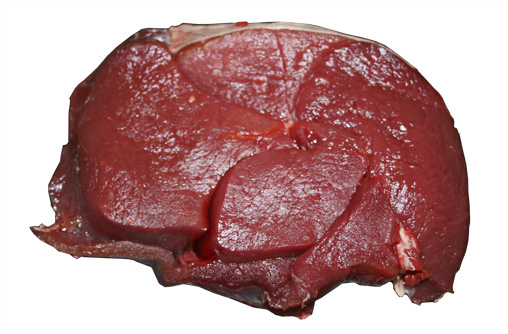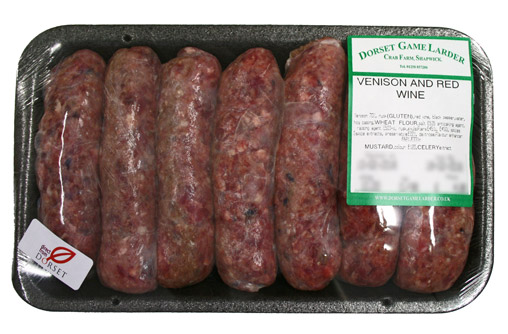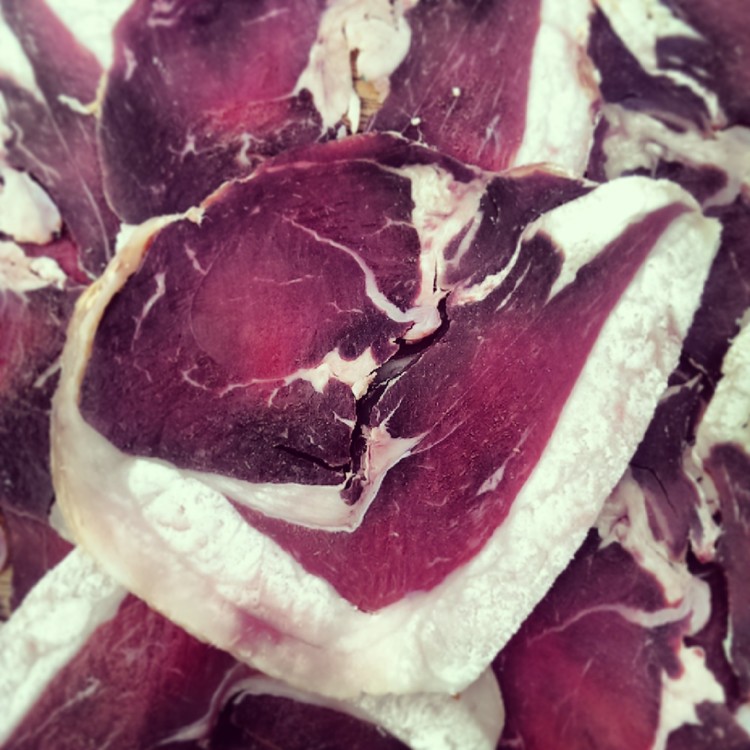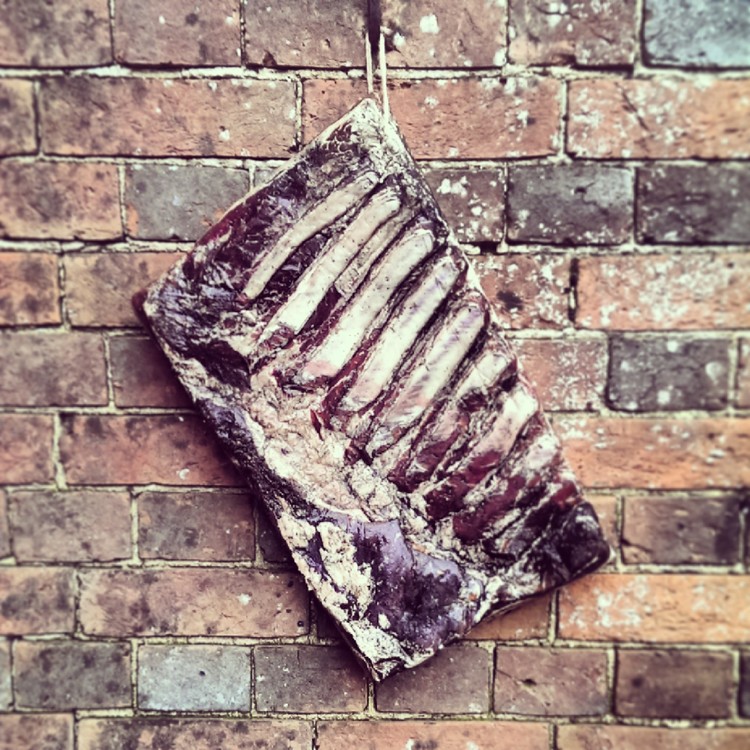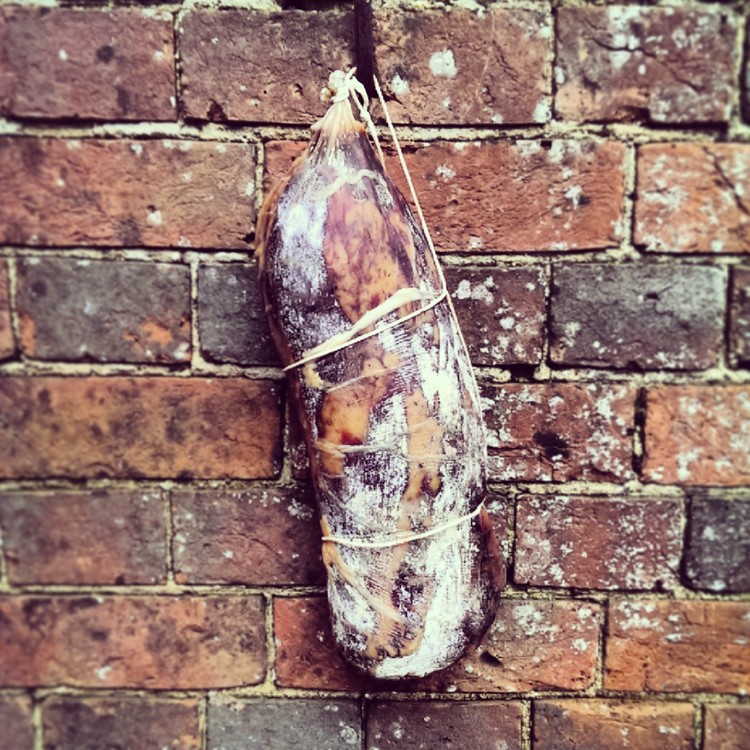The first rule of Poundbury, it turns out,
is that everyone is talking about
Poundbury. I’d been wandering the wide-open boulevards, thoroughfares, alleys
and highways of the Dorchester’s twin town for an hour and had taken a break to
rest my gravel-encrusted feet beneath the regal edifice of a building that
turned out to be not the Foreign & Commonwealth Office but Waitrose.
From
the first couple that passes, I heard “I could never live here.” From the
second, in wellies (a wise strategy), “That one’s going to be a hotel, but (rather
witheringly) why would you want to stay in Poundbury?” The third vox pop, a
pair of teenagers, trailed “1.5 million flats and no one bought them” as they
pointed to a nearby neo-Georgian building. In such quick succession, they have
confirmed my suspicions. Something is going on here.
Whipping out my phone, I launch an
emergency appeal to Google and discover that Poundbury is a new town, an
experiment, an artificial exercise in planning. I hadn’t known. To be honest,
though, the previous hour spent tramping around a mish-mash of Ancient Rome, Whitehall,
Hardy’s Dorset, New Orleans, and Brookside
had bamboozled me. Where were the pubs, the newsagents, the public
conveniences? Where, to that matter, were the people?
A
Brief History of Poundbury
Conceived by Prince Charles in 1988,
Poundbury embodies a ‘Vision of Britain’ that champions pedestrians, tradition,
and planning. In the same way that Le Corbusier and Haussmann believed squalor
and revolution could be designed out of Paris, so Poundbury attempts (perfectly
nobly) not to design out the good people of Dorchester but to present a vision
of Britain as it should be. But it’s a Britain of Ranger Rovers, focaccia, and
game delivered to the tradesman’s entrance. Those who want to grab a Daily Star and a pack of Rothmans before
heading to the pub can stay into Dorchester, it appears.
Currently central to the vision are cranes
and cones. Poundbury is a building site, and will remain so until at least
2025. The main square is a gathering place of security fencing, bollards and
barriers. On the outskirts of the development, where town houses meet Dorset
fields in an abrupt confrontation, ranks of portacabins, machinery and
scaffolding keep an uneasy peace.
That’s not to say there’s nothing to love
about Poundbury. At least it’s trying. If it feels like a film set, at least
it’s The Railway Children rather than
Trainspotting. I just needed to find
the pulse.
The
Potting Shed
That beating heart, quite possibly, is in
The Potting Shed. Opened eight years ago, it’s the Poundbury outpost of Olives
et Al, based in Sturminster Newton. Call it an oasis, a refuge, a sanctuary or
just somewhere to get a coffee and some quiche, The Potting Shed feels
authentic. In fact, since it occupies the site of a
former real farm, it’s one of the few
buildings in town to predate Wham!
If you don’t know the story of Olives etAl, then it’s well worth taking the time to read on their excellent website how Giles
and Annie Henschel took a trip around the Mediterranean in 1992 on motorbikes
and came back with the idea for a business that would later turn over millions.
I get the chance to sit down with Dan, the
manager, and enjoy a revitalising coffee surrounded by shelves loaded with
signature and niche Dorset produce. Behind me, fashionable young baristas serve
cappus and lattes to a steady stream
of visitors, while the dining area at lunchtime is packed.
 |
| That'll be Dan, the manager |
 |
| Old, scary Dorchester. A vision of nightmares |
They’re tucking into anything from pies,
gluten-free tarts, and free range Scotch eggs from the deli, to menu items that
include Potting Shed Rarebit with West Country cheddar, Piddle Beer, Olives et
Al Chilli and Ginger dressing; Cream tea, or Grazing boards with Blue Vinney, olives,
dolmades, artichokes and more. Arrive early enough and you can even enjoy a Full
Spanish breakfast with chorizo and fancy tomatoes.
Olive
Emporium
Of course, this being an embassy of Olives
et Al, there’s also a full selection of flavoured oils, tapenades, fresh
marinated olives and Mediterranean delicacies. Instead of feeling on the
fringes of humanity, I suddenly feel at the centre of a universe. The shelves
read like a greatest hits of Dorset fare, from Moore’s Knobs to Piddle Brewery
beer.
As I walk back to Dorchester, where there’s
a farmer’s market in full flow and hordes of Saturday shoppers converging on
Olde Worlde tea rooms for a sit-down, I have an epiphany. The future isn’t here
yet. But Poundbury has envisioned it. Now I get it. In 2025, these streets won’t
be empty, the cranes will be gone, and those who speculated on Poundbury
property will be sitting on the next Sandbanks. And these people will need
antipasti, freshly brewed coffee and tapenade. They won’t have to look far.








